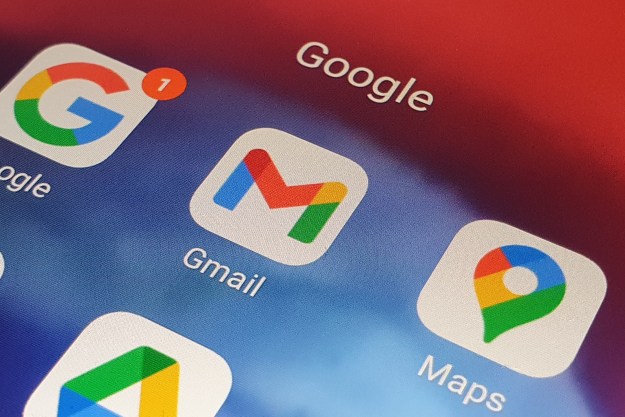Android malware seems to be everywhere. Every few weeks, we hear of a new set of apps on the Google Play Store that have some kind of malware embedded in them, and this time around it seems like a series of QR code readers may be targeting unknowing users.
The news comes in a report from SophosLabs, and it notes that as many as seven QR code readers on the Google Play Store may have been infected with malware. In addition to the QR code apps, one smart compass may have also been infected.
The malware itself is called Andr/HiddnAd-AJ, and as the name suggests, it basically plays ads on your phone — after lying low for a while to “lull you into a false sense of security.” The malware waits six hours before it springs into action and starts serving up full-screen ads and opening ads on webpages. The malware also sends users notifications with links to ads.
According to Sophos, the malicious apps were downloaded as many as 500,000 times before Google removed them from the Google Play Store, and they were able to make it through Google’s scanning by essentially hiding the hostile code in what looked to be regular Android app code. At least on the surface, the apps did what they advertised they could do. The QR code readers could still read QR codes, and if you downloaded the apps for one use, only to delete them afterwards, you likely never would have run into the ads that the apps serve up. That, plus the fact that the malicious code didn’t kick into gear until 6 hours after installation, helped the apps avoid detection.
Of course, it’s likely the incident will help Google refine its malware scanning process — so it’s entirely possible that we won’t see apps similar to this again. It’s also still recommended that you continue using Google Play, if possible. While incidents like this do happen every now and again, the fact is that downloading apps from Google is far safer than downloading them from third-party marketplaces.
“Many off-market Android app repositories have no checks at all – they’re open to anyone, which can be handy if you’re looking for unusual or highly specialized apps that wouldn’t make it onto Google Play (or trying to publish unconventional content),” said Sophos in its blog post.
Editors' Recommendations
- App developers get relief from Google tax in one of Android’s biggest markets
- Google Play Store now offers third-party app payments, but only for some users
- Google faces lawsuit over controversial Play Store change
- Google just banned call-recording apps from the Play Store
- Google ditches Play Movies app in favor of Google TV


